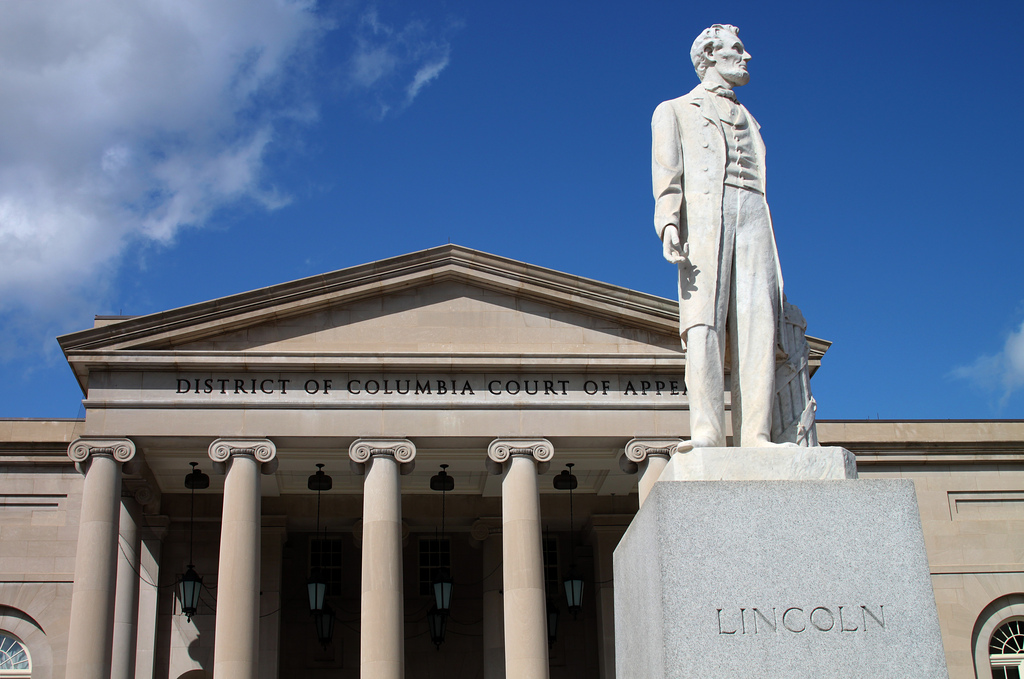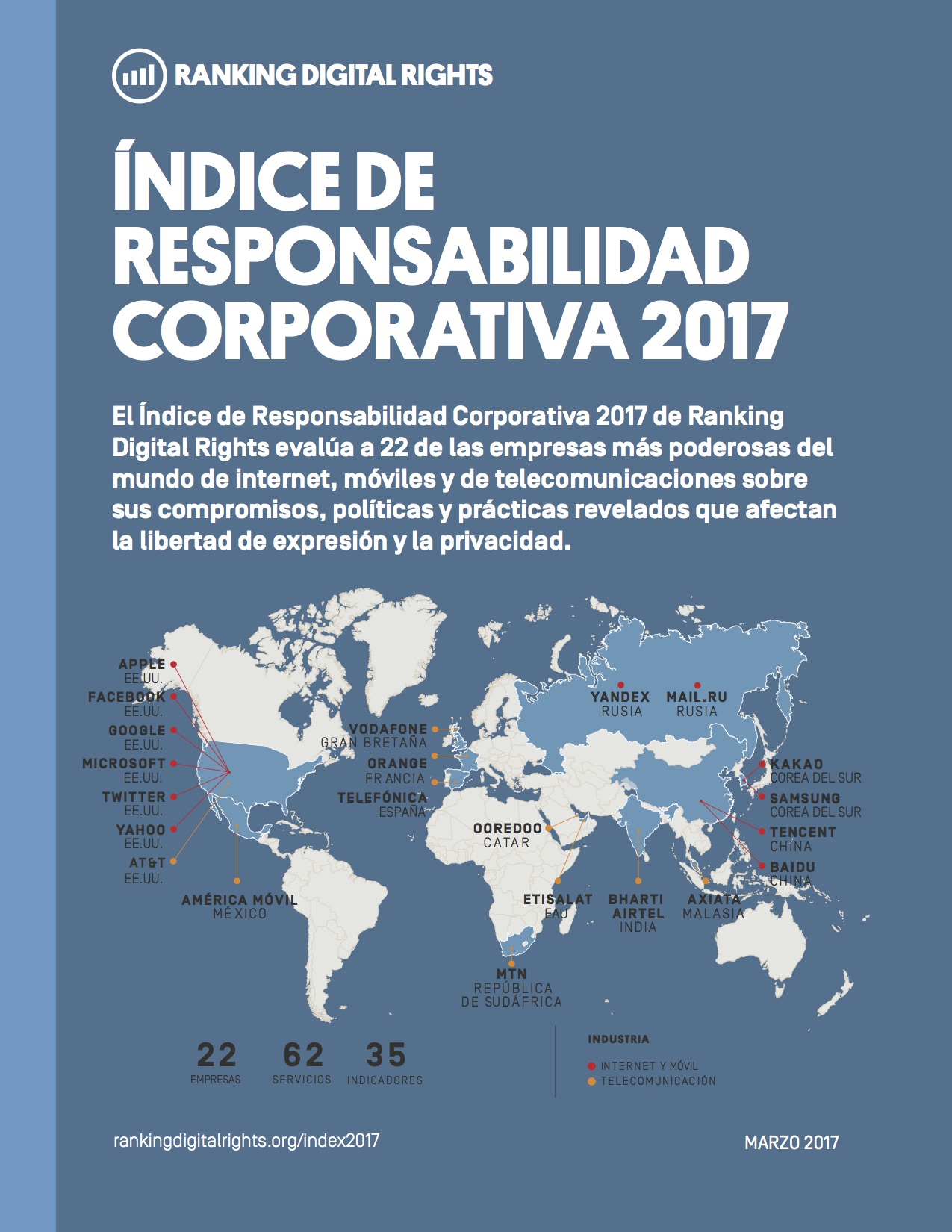29 Sep Russia threatens Facebook over data localization, Spain orders companies to censor Catalan referendum content, U.S. and EU complete first annual Privacy Shield review
Corporate Accountability News Highlights is a regular series by Ranking Digital Rights highlighting key news related to tech companies, freedom of expression, and privacy issues around the world.
Russia threatens to block Facebook over data localization law
 Russian authorities have announced that Facebook will be blocked next year if the company does not comply with a Russian data localization law. Under the law, which entered into force in 2015, data operators processing personal data of Russian citizens must do so using servers within Russia. In November 2016, Russia blocked LinkedIn for not complying with the data localization law. In January 2017, Russian authorities also ordered Apple and Google to remove the LinkedIn app from their app stores.
Russian authorities have announced that Facebook will be blocked next year if the company does not comply with a Russian data localization law. Under the law, which entered into force in 2015, data operators processing personal data of Russian citizens must do so using servers within Russia. In November 2016, Russia blocked LinkedIn for not complying with the data localization law. In January 2017, Russian authorities also ordered Apple and Google to remove the LinkedIn app from their app stores.
Privacy advocates have raised concerns over the impact of data localization requirements, particularly in Russia, where authorities have significant mass surveillance capabilities. This could also make it more difficult for companies operating in Russia to be transparent about government access to user data. As noted in our 2017 Corporate Accountability Index Russian company analysis, Russian authorities may have direct access to communications data through a program called SORM. It therefore may be impossible for companies to publish data on Russian authorities’ requests for user information, since they may not know themselves how often various agencies exercise their authority under SORM. (more…)








